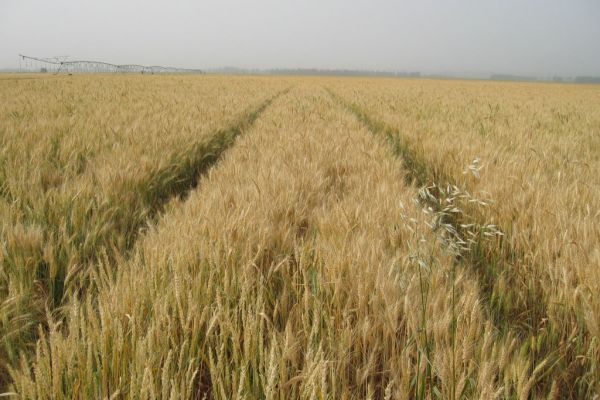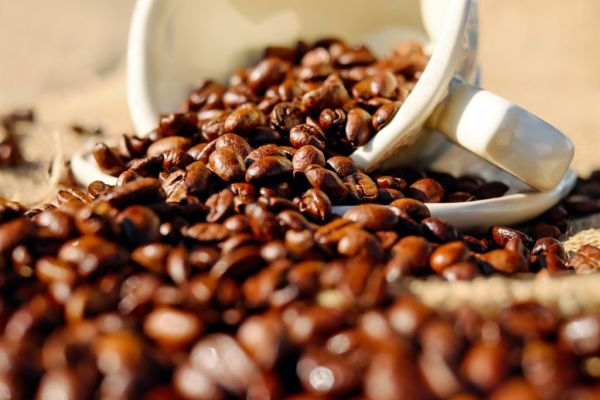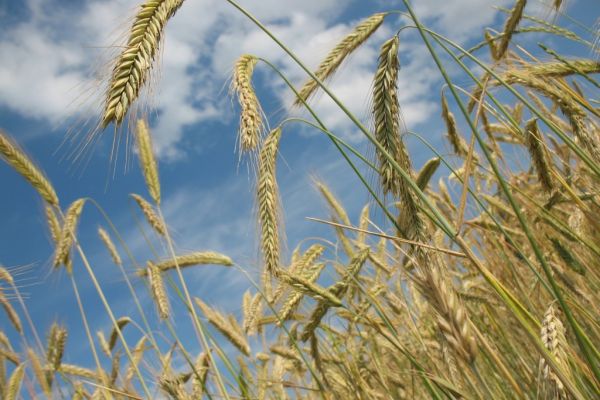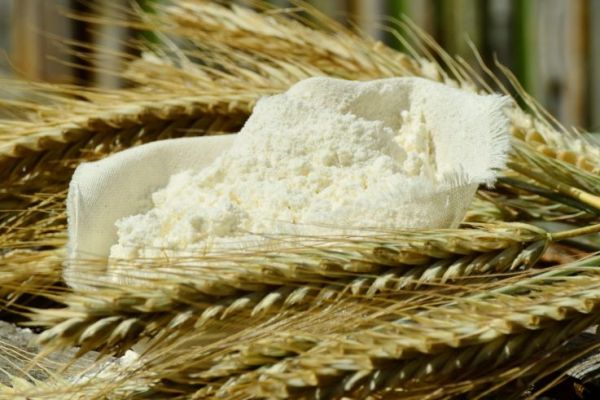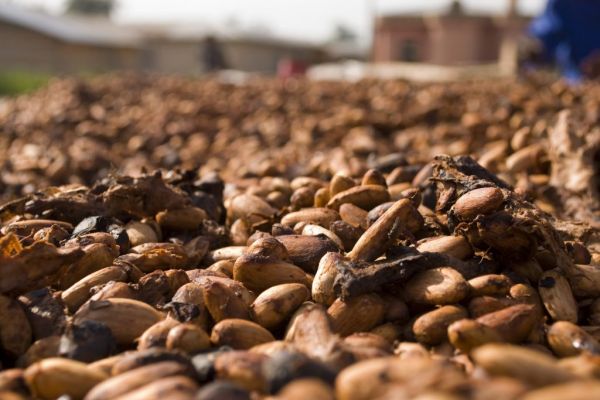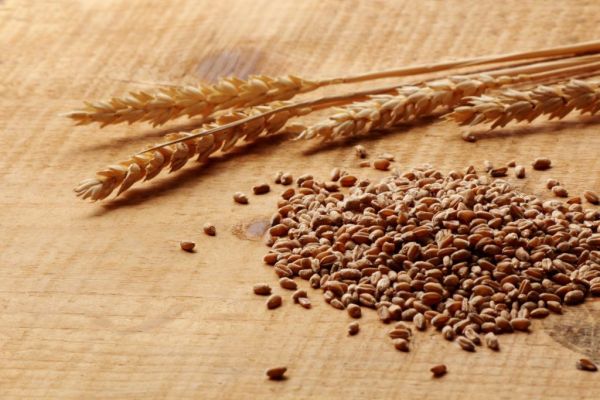European agriculture markets are poised to see further consolidation as grain prices that have fallen in the past three years continue to decline, according to German commodities trader BayWa AG.
Farms in central Europe are still too small to be profitable and smaller grain traders might find it hard to survive, Chief Executive Officer Klaus Lutz said in an interview Monday before the start of the Financial Times Commodities Global Summit in Lausanne, Switzerland. While the industry has consolidated a lot in countries like the UK, not much has happened in southern Europe, he said.
Agricultural commodities have retreated for three years, the longest streak in more than a decade, as bumper harvests filled silos and overwhelmed demand. Wheat traded in Chicago has dropped 1.9 per cent this year as corn prices remain little changed. Global inventories will remain close to a 30-year high next season, says the International Grains Council.
"We are not really out of the woods with price development for farmers and traders," Lutz said. "Hedge funds are really still bearish and also future prices don’t show us interesting potential for the next few months."
BayWa is riding the M&A wave, having recently bought Hamburg-based Evergrain, specializing in trading of malting barley, and Wessex Grain in England. The company, which also owns Dutch feed trader Cefetra BV, is now looking for acquisitions in pulses. While the company prefers a takeover target in Europe, BayWa wouldn’t "rule out anything," Lutz said. It sees higher value in specialty products rather than traditional grains as margins are higher, he said.
International Presence
Having started selling output from German farmers, BayWa has now diversified and is growing its international presence as a way to bring returns to its shareholders, Lutz said. The company expects sales volumes to rise to 40 million metric tonnes this fiscal year from 35 million to 36 million a year earlier, he said.
"We would like to have sustainable increase in dividend, so how can you achieve that?" Lutz said. "The expectation we have is for a shrinking agri environment in Germany."
While grain prices are set to remain low, BayWa sees bright spots in increasing sales to countries in the Middle East and North Africa regions. The end of sanctions in Iran will open up opportunities, with BayWa having sold 775,000 tonnes of grain to the nation in the past four to five months compared with almost nothing a year earlier, Lutz said. The target is for 1.5 million for the current fiscal year.
BayWa has also started to sell grain to Libya and sees Morocco, Tunisia and Egypt as "very interesting" markets, Lutz said. The rout in oil prices is still not significantly affecting global grain purchases by crude-producing nations, he said.
"Of course, if oil the price is so dramatically down for the next two to three years, I am convinced all of us in this business, we will get some problems," Lutz said. "Because if the customer is running out of liquidity" it will be difficult to buy, he said.
News by Bloomberg, edited by ESM. To subscribe to ESM: The European Supermarket Magazine, click here.
